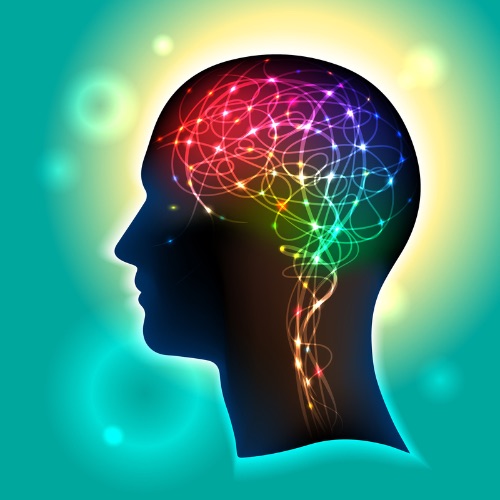
Why Fitness Professionals Must Learn to Help Mature Adults with Brain Health
Humanity is racing toward a brain-health crisis, according to the World Health Organization. The number of people with dementia is expected to triple in the next three decades.
The helpful news from WHO is this: Exercise plays a key role in fighting cognitive decline and dementia.
So, those of us in the fitness industry have a greater chance than ever to make a big impact by including brain health in our training and interactions with people over 50.
That’s the message of Ryan Glatt, a brain health coach at the Pacific Brain Health Center. Ryan and the Functional Aging Institute worked together to bring you the Brain Health Trainer Certification. It’s a unique program that teaches about the connections between brain and body health – and about how fitness professionals can help mature adults with both.
“We can play a significant role in delivering exercise interventions for the primary outcome of brain health, and not just as a secondary benefit of exercising,” Ryan says. “We need to do more.”
Fitness professionals have three steps to follow, he says.
- Educating the public about the cognitive benefits of exercise.
- Referring people with possible cognitive decline to doctors for early intervention – much like physical therapists refer patients to relevant medical professionals.
- Building exercise programming to create primary brain-health results.
Trainers need to encourage clients to have a well-rounded exercise routine that includes balance, resistance training, and cardio work. It helps to know how some activities can have specific benefits on memory, attention and other brain functions. That includes, for instance, dance, sports and martial arts, which involve some level of choreography, which is good for the memory.
Even in initial assessments with prospective clients, fitness pros can learn to raise the topic, Ryan says. For example, if a prospect in her 50s says she wants to lose weight, you can bring up the topic of brain health even at that early stage. “There’s a growing body of research that links exercise to brain health,” you might say. “Does that sound like something you’d like to work on, as well?”
That can open the conversation to topics that might indicate a referral is necessary – or help you build a fitness program to address them.
“We like to tell people that exercise will help them be able to play with their grandkids,” Ryan points out. “But we can also help train them so that they also can remember their grandkids’ names better.”
Brain health is a big, rich topic that we’re going to be hearing more about. Any fitness professional helping mature people live well should be educated on how to help with their brain health, too.
The training is geared to help fitness professionals who:
- Want to slow the effects of aging on their client base and community.
- Are looking for innovative fitness programming that is geared toward preventing cognitive decline and based on cutting-edge research.
- Want to learn more about the brain, its relationship to exercise, and how fitness can help slow cognitive decline in people who need your help.
The course covers the neuroscience of:
- The Course of Cognitive Aging
- Cognitive Decline and Reserve
- The Cognitive Domains of Attention, Memory, & Executive Functions
- Functional Brain Networks and Neuroanatomy
- Differential Effects of Exercise on the Brain & Cognition
- Combining Exercise with Cognitive Stimuli
You can learn more about this powerful training opportunity here.



